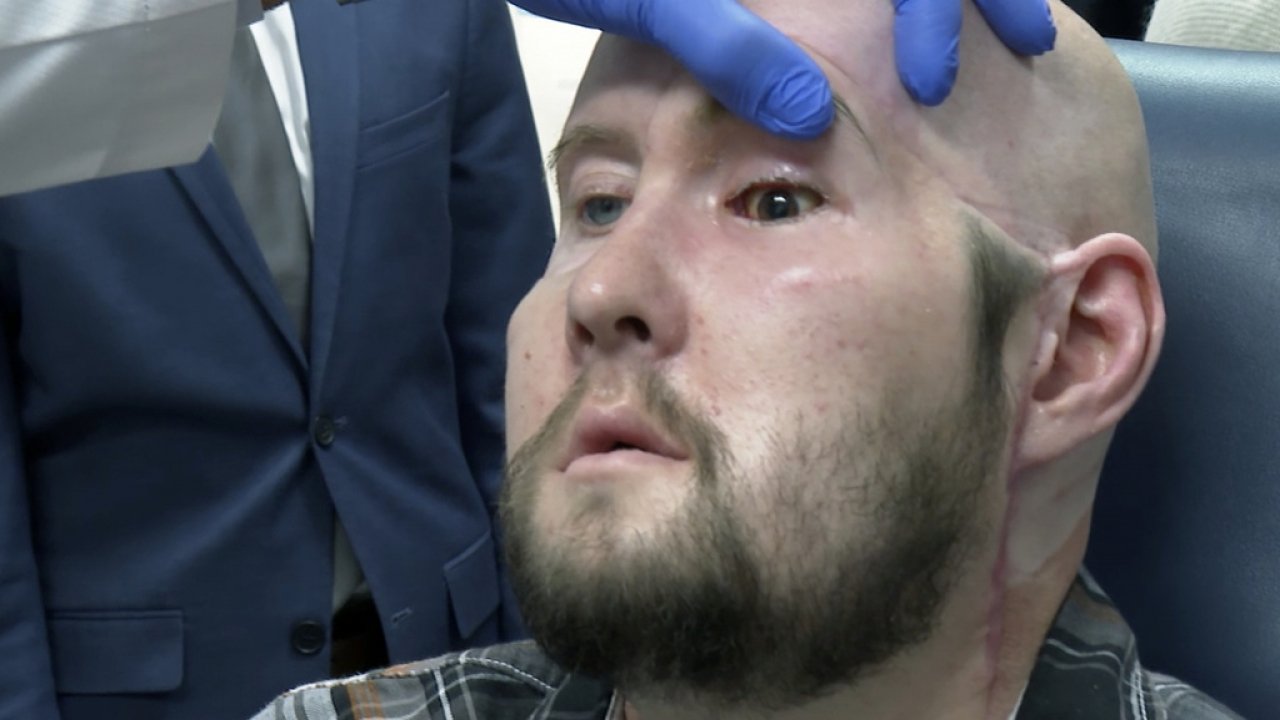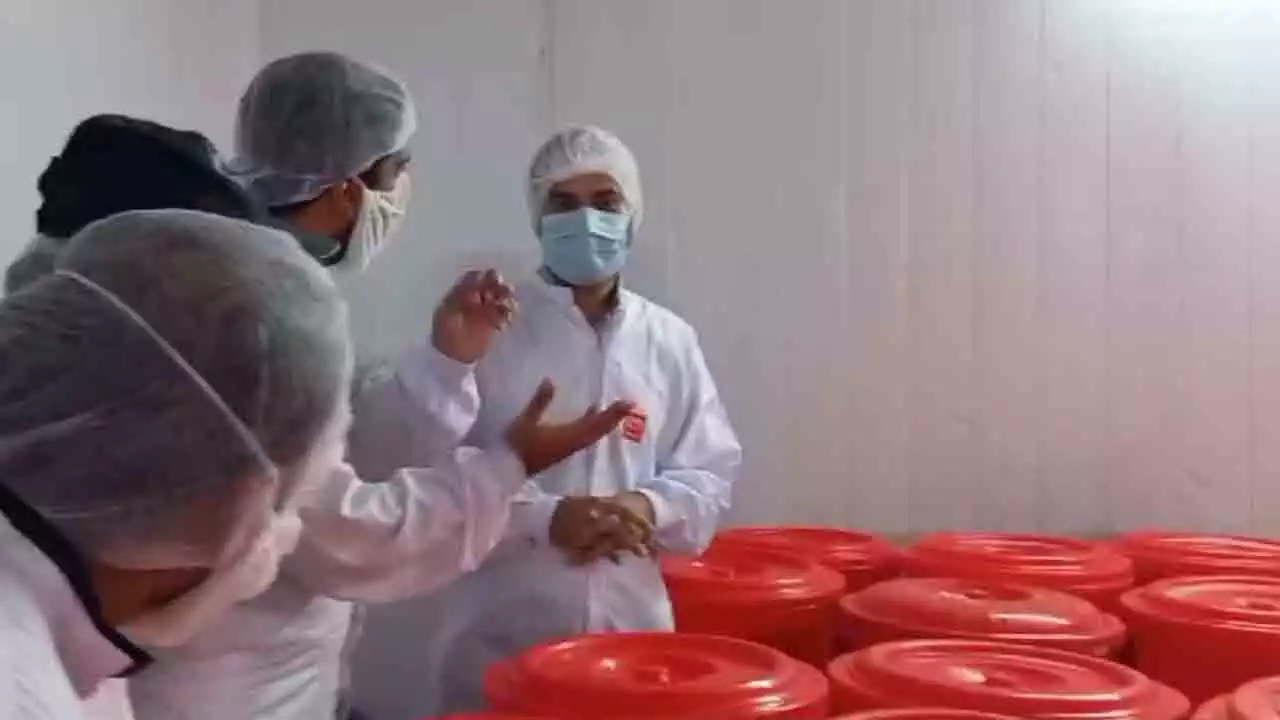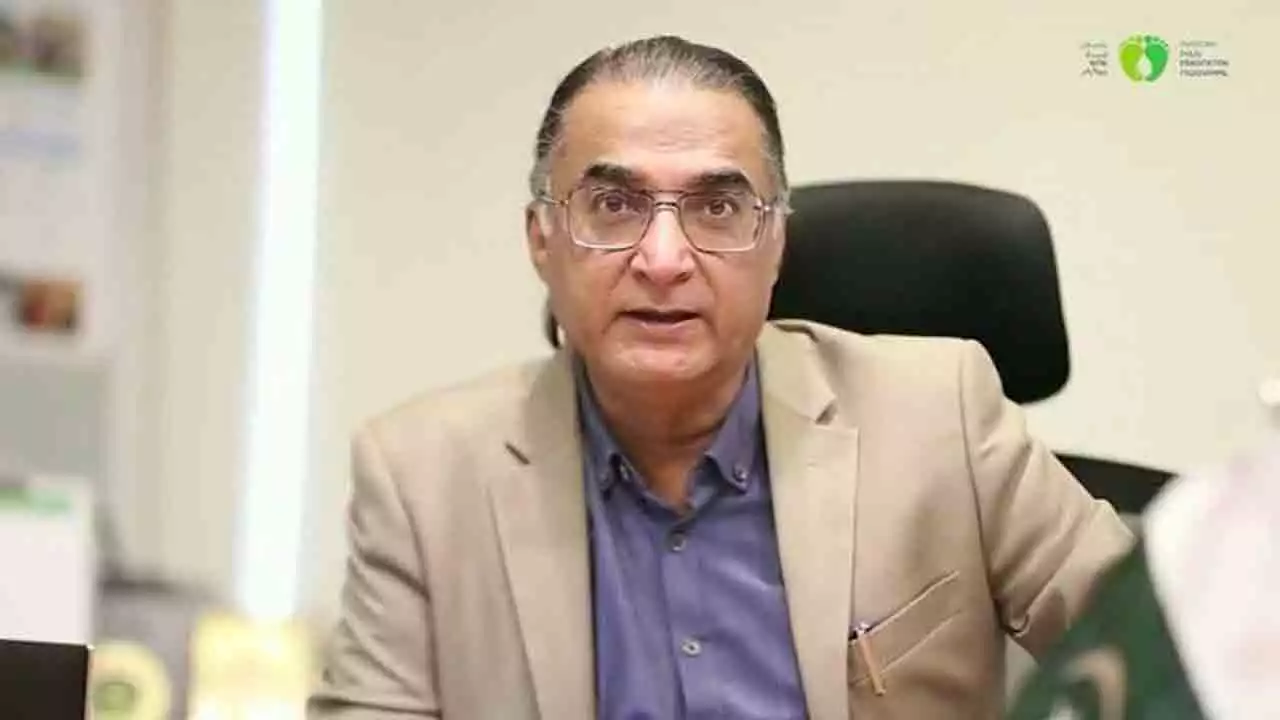Led by Dr. Eduardo Rodriguez, the surgical team accomplished a feat that had been contemplated for centuries but never executed. Until now, medical practitioners could only transplant the cornea, the clear front layer of the eye. The recipient, Aaron James, a 46-year-old military veteran from Arkansas, underwent the groundbreaking procedure following a work-related high-voltage electrical accident that severely damaged the left side of his face, including his nose, mouth, and left eye.
The intricate transplant surgery, which included the eyeball, took a remarkable 21 hours. While the initial intention was cosmetic improvement, Dr. Rodriguez acknowledged the potential for vision restoration as a wonderful development.
As of now, the transplanted eye is not communicating with the brain through the optic nerve. In a bid to facilitate the connection between the donor and recipient optic nerves, surgeons introduced adult stem cells from the donor’s bone marrow into the optic nerve during the transplant. The hope is that these stem cells will replace damaged cells and protect the nerve, although the outcome is yet to be determined.
Dr. Rodriguez emphasized that the transplantation of a viable eye globe opens up numerous possibilities, even if sight is not restored in this specific case. He pointed to ongoing research by other teams exploring methods to connect nerve networks in the brain to sightless eyes through the insertion of electrodes, potentially enabling vision.
Aaron James, who retained vision in his right eye, understood the uncertainties of the procedure but expressed a hopeful perspective. He believed that even if he couldn’t regain sight, the experience could contribute valuable insights for future medical advancements. Dr. Rodriguez echoed this sentiment, stating that while the outcome is uncertain, the achievement of a technically demanding operation is a source of satisfaction. The potential for James to regain sight in the transplanted eye remains a possibility, highlighting the significance of this pioneering medical endeavor.



